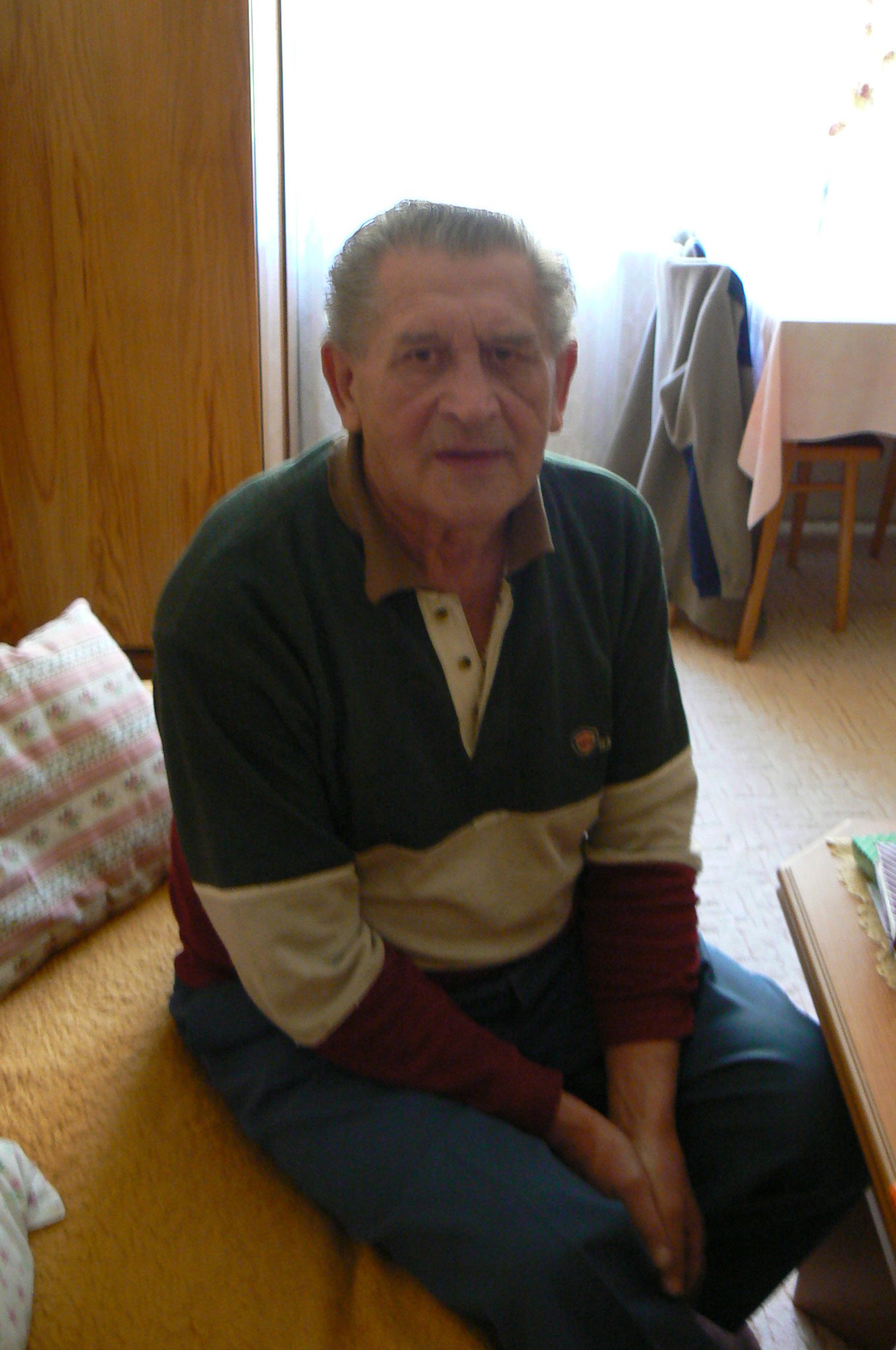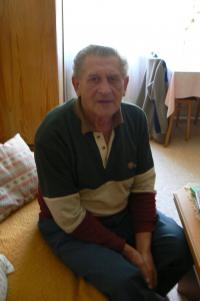I was riding a bike and singing: ´A time will come, we will come home again, to take the houses that were ours.´

Stáhnout obrázek
Michal Koch was born in Nový Přerov in 1936. Most of the inhabitants of this south Moravian village were Moravian Croats, and Michal‘s native tongue was Croatian. His parents had six children, but two died as infants, and Michal was the eldest of the remaining siblings. After the country became annexed to the Reich, the compulsory conscription affected the Croats as well, and Michal‘s father had to join the army in 1944. He however joined the Italian partisans instead and he returned from the war with many decorations. After his return home he found out that his brother had been tortured to death by „partisans,“ who controlled the Moravia borderlands after the end of the war. Tomáš Koch advocated for the Croats to be allowed to stay in their homes, and he was arrested for that in 1948. His family was then forcibly displaced to Vojtíškov. At present Michal Koch lives in Hanušovice, and he still knows Croatian and actively uses this language.
